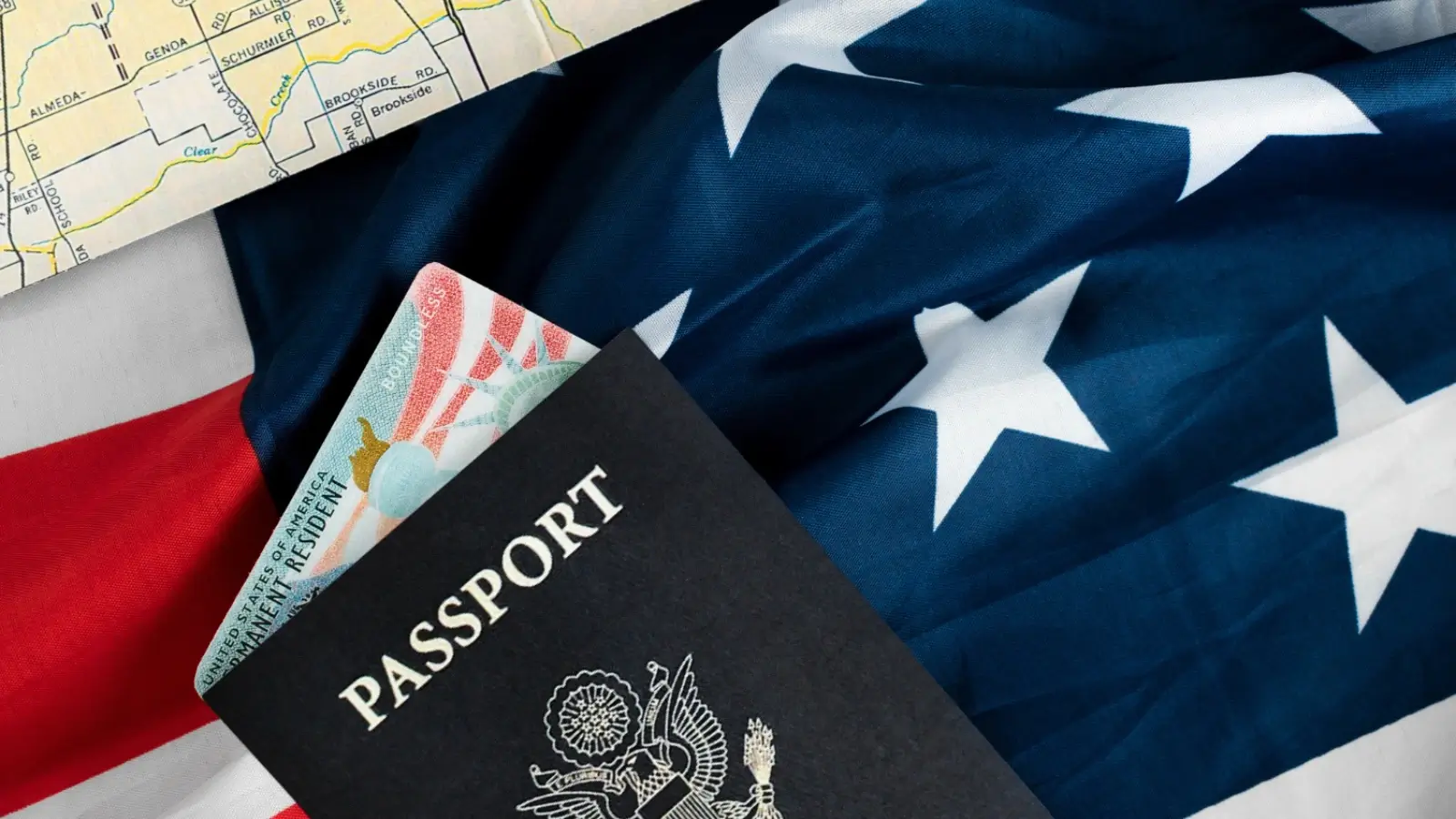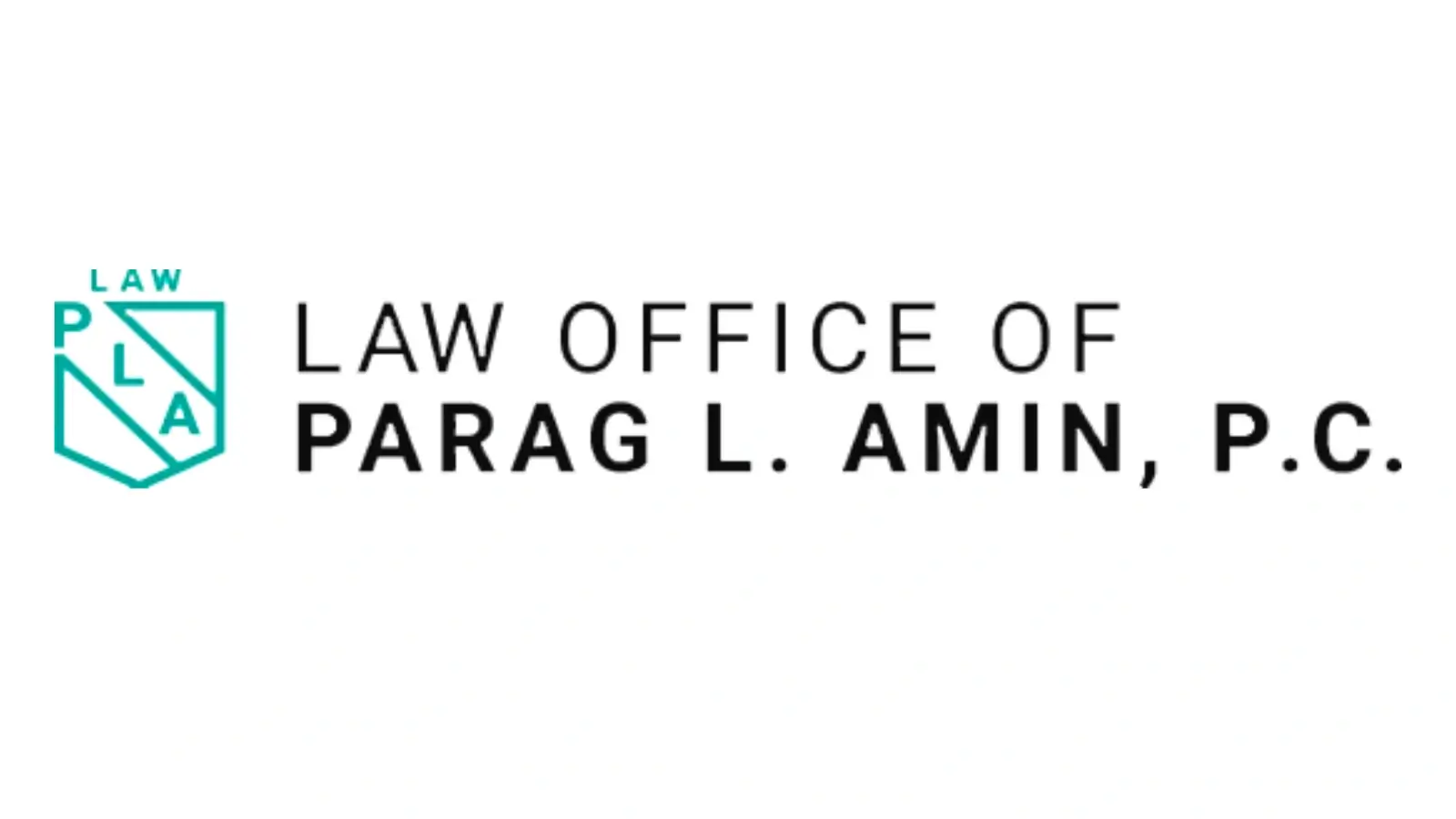The Importance of Confidentiality Between You and Your Criminal Lawyer

When facing criminal charges, one of the most important relationships you’ll have is the one with your lawyer. This connection is built on trust, honesty, and—perhaps most critically—confidentiality. The assurance that what you share with your lawyer stays between the two of you isn’t just a courtesy; it’s a legal right that forms the foundation of your defense.
Whether you're guilty, innocent, or somewhere in between, your ability to speak freely with your legal representative without fear of judgment or exposure is key to building an effective defense strategy. Here's why confidentiality matters so much—and what you should understand about how it works.
What Is Lawyer-Client Confidentiality?
Confidentiality between a criminal lawyer and their client is known as legal professional privilege. This means that any communication between the two parties—whether it's verbal, written, or electronic—must be kept private and cannot be shared with anyone else without the client's permission.
This privilege encourages complete honesty between the client and lawyer. If you're holding back vital information because you're afraid it could be used against you, your lawyer won't be able to give you the best possible defense. It’s only by understanding the full story that your lawyer can properly represent you.
Why Confidentiality Matters in Criminal Cases
In criminal law, stakes are high. The outcome of your case could affect your freedom, your job, your family, and your reputation. That’s why the relationship with your criminal lawyer must be open and transparent.
Here’s how confidentiality benefits you:
-
You Can Be Honest Without Fear: Whether you’re admitting to something you’ve done or sharing details that might look bad on paper, knowing your lawyer won’t betray your trust helps you be truthful.
-
It Helps Your Lawyer Build a Strong Defense: Full disclosure allows your lawyer to anticipate potential weaknesses in your case and prepare accordingly. Surprises in court—especially ones your lawyer didn't see coming—can derail your defense.
-
It Protects You Legally: Your lawyer cannot be compelled to testify against you regarding things you've told them in confidence. This protection can make a significant difference in how your case unfolds.
Are There Any Exceptions?
Yes, but they are very limited. Lawyer-client privilege does not apply if the communication involves planning a future crime. If you were to tell your lawyer that you intend to commit a crime, or are in the process of committing one, they may be legally obligated to disclose that information to authorities.
However, conversations about past actions—even if they involve illegal activity—are generally protected. That’s an important distinction that allows people facing criminal charges to get the legal help they need without fear of immediate consequence for past behavior.
Building Trust with Your Lawyer
Choosing a lawyer you feel comfortable with is essential. During your initial consultation, take note of how they speak to you, how they explain your options, and whether they make you feel heard. A good lawyer should never make you feel judged or pressured to withhold details.
If you’re seeking legal representation, particularly in regional areas like Victoria, you'll find that Geelong criminal lawyers are known for handling cases with discretion and professionalism, while respecting the privacy of their clients.
Final Thoughts
Facing criminal charges is stressful enough. The last thing you need is to worry about whether the person who’s supposed to be defending you is going to share your private information. Legal confidentiality gives you the freedom to be honest, the right to a fair defense, and the confidence that your lawyer is truly on your side.
By being open and truthful, and understanding your rights around lawyer-client privilege, you’re giving yourself the best shot at a strong and effective defense. After all, justice begins with trust—and that starts with your lawyer.




















